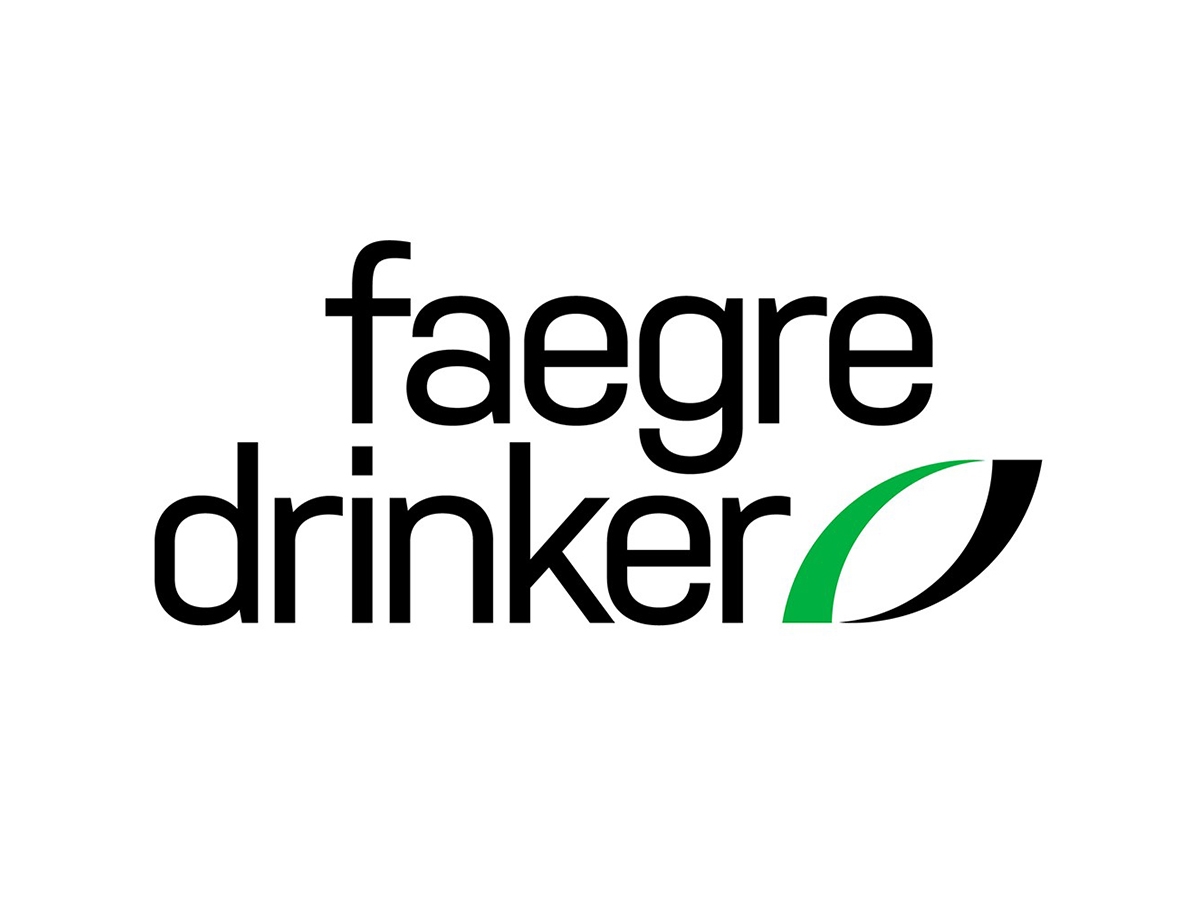Massie, Centripetal Take Center Stage in House IP Subcommittee Hearing on PTAB Reform
“The odds become impossible where David has to slay Goliath over and over again. Companies like Cisco know this, and it is why predatory patent infringement has become an institutionalized business model.” – Centripetal’s Jonathan Rogers
One day after the Senate Judiciary Committee’s IP Subcommittee met to discuss the PTAB Reform Act and other ways to improve the Patent Trial and Appeal Board (PTAB), the U.S. House of Representative’s Subcommittee on Courts, Intellectual Property, and the Internet held a similar hearing featuring six witnesses with varying views on the PTAB about how to improve the system. Representative Thomas Massie (R-KY), who last year introduced a bill that would repeal the PTAB entirely, grilled the witnesses about the effects of the PTAB on U.S. investment in innovation and national security, and expressed skepticism that the system has succeeded in its intended goal of providing a cheaper, faster forum, particularly for small businesses and independent inventors.
High Time for Review
IP Subcommittee Chair Hank Johnson (D-GA) said that, with the PTAB now having received 13,000 petitions for America Invents Act (AIA) trials and issuing 4,000 decisions on the validity of patents, it’s “a natural time to evaluate the impact of the PTAB’s work.” Ranking Member Darrel Issa (R-CA), an inventor himself with over 37 patents, recalled his past life as both a plaintiff and defendant pre-AIA, said he “came with a passion to address these issues.” While the PTAB is not perfect and there are many problems to resolve, Issa said the old system was also flawed. Johnson submitted into the record several written witness statements, including one by inventor Molly Metz, who recently shared her story with IPWatchdog. No independent inventors testified in person.
The witness list included well-known names in the intellectual property community, such as David Kappos, former USPTO Director who is now Co-Chair of the Intellectual Property Practice at Cravath, Swaine & Moore, LLP, and Joseph Matal, former Acting Director of the USPTO and now a Partner with Haynes and Boone, LLP. The list also included Jonathan Rogers, Chief Operating Officer at Centripetal Networks, Inc., which was delivered a blow by the U.S. Court of Appeals for the Federal Circuit on the same day as the hearing, when the court reversed, vacated and remanded a decision in a case that had already been delayed due to parallel inter partes review (IPR) proceedings filed by Cisco. The other witnesses included Kirupa Pushparaj, General Counsel and Corporate Secretary at Fintech company, Step; Eldora L. Ellison, Director and Co-Chair, Patent Office Litigation Practice at Sterne, Kessler, Goldstein & Fox; and Earl “Eb” Bright, President & General Counsel at medical device incubator, ExploraMed.
Points of Contention



But Rogers offered a compelling story of Centripetal Networks’ long-running battle with Cisco, blaming the PTAB for enabling a business model of “predatory patent infringement.” Cisco filed 14 IPRs on Centripetal’s patents directed to systems that engage in complex computer networking security functions and “most claims were found to be valid,” Rogers said. However, this delayed the parallel litigation for nearly a year, during which time “Centripetal was forced to compete in the market against our own patented technology, but sold by Cisco’s massive global sales force.” The trial ultimately started in April 2020, and Centripetal prevailed when, in October 2020, the court found Cisco had willfully infringed. But with the Federal Circuit’s Thursday decision, which turned on a late-discovered $4,500 interest in Cisco stock held by the judge’s wife, “we will have to do it all again,” Rogers said. This scenario is untenable for companies, he explained:
“When we do finally conclude the Cisco litigation, we will have defended the validity of each patent at least three times after its issuance, and likely more. The odds become impossible where David has to slay Goliath over and over again. Companies like Cisco know this, and it is why predatory patent infringement has become an institutionalized business model. Unfortunately, the current state of the patent system is helping them do it. The PTAB has become an extra tool for abuse, which multiples cost.

Bright of ExploraMed focused on the effects of the PTAB on investment, and also shared statistics on the top filers at the PTAB, at Massie’s prompting. Bright said the top PTAB petitioners include Apple, with 673 petitions; Samsung with 549; Google with 354; and Microsoft with 227. He also said that 82% of the 14,000 PTAB cases have been filed by large corporations; 40% of the 14,000 cases are large versus small companies; and only 2% of PTAB cases are small businesses filing against NPEs. He later added statistics showing that Chinese companies are also frequent PTAB filers: Huawei has filed 114 petitions, HTC 115 and ZTE 127.
Bright said that the focus in attempting to strike a balance on PTAB reform “should be on creating an environment [that facilitates] robust new company formation and entrepreneurs and inventors to be inspired to create new ideas and new companies. Sometimes that means the wealthiest companies will bear a heavier burden – it’s what’s good for the country in the long term.” He also told Massie that there would be more angel investor/ venture capital investment in U.S. innovation if the PTAB didn’t exist.
Other Ideas
Kappos also suggested in his introductory remarks that an “IPR off-ramp to reexamination” should be created that would allow for claim amendments. He said “the PTAB has struggled with claim amendments, but the reexamination unit is well suited to manage them” and such an off ramp to narrow claims “affords fairness to patent owners and challengers, enabling the post grant system to meet the AIA’s challenge.”
Another idea Massie inquired about repeatedly was that of a so-called Gold-Plated Patent, which could not be challenged at the PTAB. This would allow a patent owner to proactively go through the PTAB or similar tribunal after being granted a patent and ultimately receiving complete assurance that the patent is valid. This is an idea that has been raised before but has generally been dismissed as unrealistic. Issa also pointed out that ex parte reexamination already exists for this purpose and is “extremely inexpensive.”
The hearing concluded with Massie introducing into the record two articles, including IPWatchdog’s “How Google and Big Tech Killed the U.S. Patent System,” by Michael Shore, and an article by Professor Adam Mossoff, titled “Big Tech’s Sticky Fingers are Still at Work in Washington,” published by the Hudson Institute.





